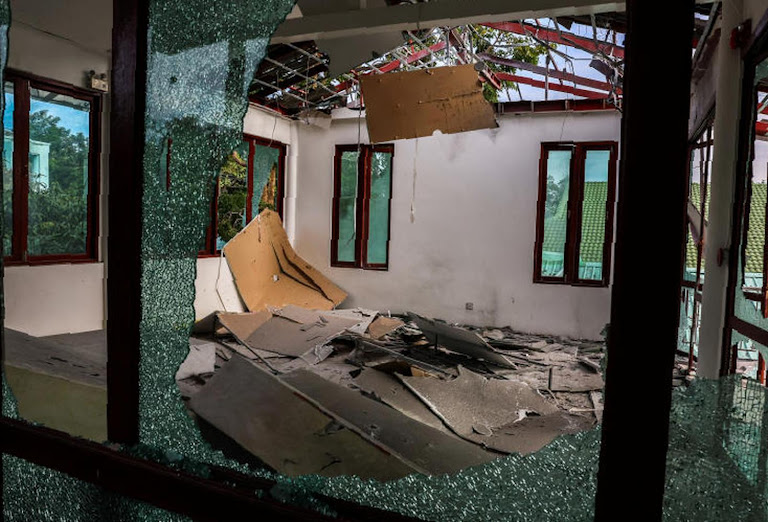Thai Hospital Closes Border, Prioritizes Nationalism Over Universal Healthcare
Border hospital prioritizes Thai nationals amid conflict, revealing universal healthcare’s limits in the face of resurgent nationalism.

A hospital closing its doors at the border. The headline out of Ubon Ratchathani, Thailand, lands with a thud of the inevitable. But it’s not just about a hospital; it’s about the uncomfortable truth that even our most cherished ideals — universal healthcare, the sanctity of human life — are ultimately contingent, negotiated, and often, surrendered at the altar of national interest. We’re not just witnessing a service being suspended; we’re seeing the architecture of global solidarity starting to crumble.
Sunpasitthiprasong Hospital, a key medical center in northeastern Thailand, is temporarily suspending services for new Cambodian patients due to ongoing border clashes. As reported by the Bangkok Post, the hospital’s director, Dr. Monchai Wiwatthanasitthipong, emphasizes that the priority is treating those injured in the conflict, including military personnel. Resource scarcity, a brutal reality in any conflict zone, is offered as justification. But what is really being rationed here? Not just beds or bandages, but empathy itself. The border, it turns out, isn’t just a line on a map; it’s a filter for compassion.
“We’re still committed to humanitarian grounds for military personnel and civilians regardless of their nationalities,” he said.
Except the commitment is conditional, a fine print we often overlook in the grand pronouncements of universal rights. The subtext here is chillingly clear: humanity is welcome, but only within the boundaries of our national priorities. And in the hazy calculus of war, those priorities rarely include the “other” — the perceived enemy. This isn’t about a shortage of supplies; it’s about a surplus of suspicion, a deficit of trust, that renders even basic humanitarian gestures politically suspect. It begs the question: how easily does the “universal” shrink to the “national” when the pressure mounts?
The Thai-Cambodian border has been a crucible of conflict for decades, a complex entanglement of territorial disputes and historical resentments. The Preah Vihear Temple dispute, which flared violently in the late 2000s, isn’t just about ancient stones; it’s a proxy for deeper anxieties about sovereignty, identity, and national pride. And these aren’t just abstract grievances. These are generational traumas, etched into the collective memory of both nations, feeding cycles of mistrust and animosity. These border regions, often neglected by central governments, become breeding grounds for precisely the kind of nationalist fervor that makes impartial healthcare a casualty of war. Consider the overlooked fact that this region has also historically lagged in socioeconomic development, fostering a sense of grievance that exacerbates these tensions.
Globally, the pattern repeats. We see hospitals bombed in Yemen, doctors targeted in Myanmar, aid workers turned away at countless borders. We see the weaponization of aid, the politicization of suffering. As Miriam Ticktin, the anthropologist who studies humanitarianism, has argued, humanitarianism itself is often a highly selective and politically charged endeavor. It’s not simply a matter of altruism; it’s a complex interplay of power, politics, and identity. And what Sunpasitthiprasong Hospital makes starkly clear is how easily the “humanitarian” can be redefined to exclude those deemed outside the boundaries of national belonging.
What’s happening in Ubon Ratchathani is a microcosm of a larger, more disquieting trend: the erosion of universalism under the weight of resurgent nationalism. The ideals enshrined in international law, in the Universal Declaration of Human Rights, feel increasingly like aspirational fantasies, easily discarded when confronted with the hard edges of geopolitics. This isn’t merely a Thai problem; it’s a symptom of a global malaise. It’s a reminder that rights aren’t inherent; they are negotiated, contested, and ultimately, only as strong as our collective will to defend them — even, and especially, when it’s inconvenient. And until we confront the uncomfortable truth that our moral universe is not as expansive as we like to believe, these border closures, these acts of selective compassion, will continue to expose the fragility of our shared humanity.









